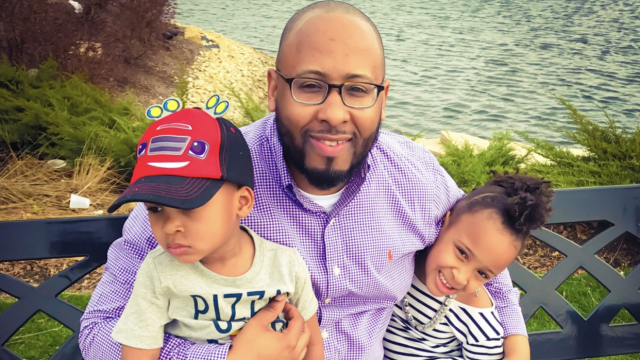
As I raise daughters in today’s world, I am often scared. Scared for their safety and for mine. Scared of what can happen at any given moment.
After reading the news over the weekend, about Sarah Everard in London, I am scared of what our girls must be feeling.
If they can’t feel safe walking around fully clothed, a mask covering one’s face, and talking on the phone, where can they feel safe? We can’t raise our girls to live in a bubble.
So as I raise my daughters to listen to their gut, pay attention to their surroundings, and physically and emotionally defend themselves, thoughts keep popping up.
Do men ever have the fear of walking alone in an enclosed parking garage, a busy street, or a dark parking lot?
Do men ever think they must find a spot, to park the car, under the street light?
Do men feel uncomfortable walking alone on a street or navigating unknown territory?
Do men always need to listen to their gut instincts before a date? Or while walking on the street?
Do men ever think they shouldn’t accept a drink from a stranger in a bar?
Do men ever feel a need to paint their nails, with special nail polish, to make sure their drink isn’t roofied?
Do men ever feel concerned about how to get themselves out of a potentially dangerous situation with a woman?
Do men fear a woman will attack them sexually and with such aggressive behavior that many years later they still carry around the fear?
Do men fear that if they share information about an assault that no one will hear them?
No one will believe them? They will be blamed and ridiculed?
Do men fear a woman could potentially kill them because their footsteps are just a bit too close behind them to feel comfortable?
Do men feel a need to double-check the Uber driver’s name and learn how to unlock child locks in the back seat?
Do men feel that a self-defense class is necessary to learn how to fight off a woman?
Do men purchase bracelets to alert police and emergency contacts they are in danger?
Do men wonder if police, those protecting us, are actually the police?
Do men question how much clothing covers their body so as not to be blamed if they are taken advantage of?
Do men have to worry about being followed home, looking in rearview mirror, or turning their heads around while walking?
Do men need their keys on hand before they approach their apartment door so there isn’t any lag time?
Do men need to downplay their sexuality to not be blamed?
Well, the reality is this, many women feel this way.
I wish these fears, for many women, didn’t exist and maybe the fear doesn’t show up daily, but it is enough to take pause, take notice and often take action to ensure one’s safety.
But how do we make these fears end?
I don’t have the answers…but I have a simple wish.
As our world moves forward, may our daughters feel safe, protected and continue to listen to their gut instincts.
This is my silent prayer for all of our daughters.
And for the men who carry these fears as well, my hope for you too is to never have to carry this burden around with you, and rather know you are safe and at peace.














